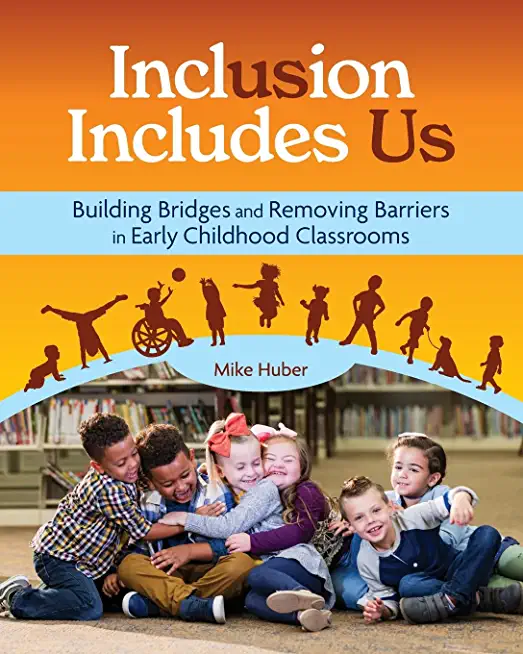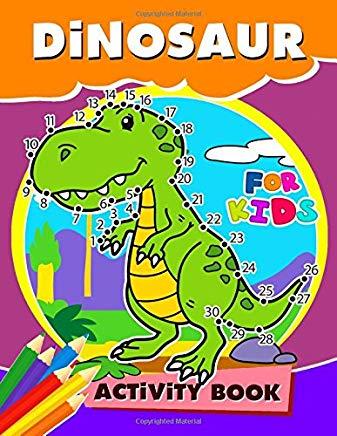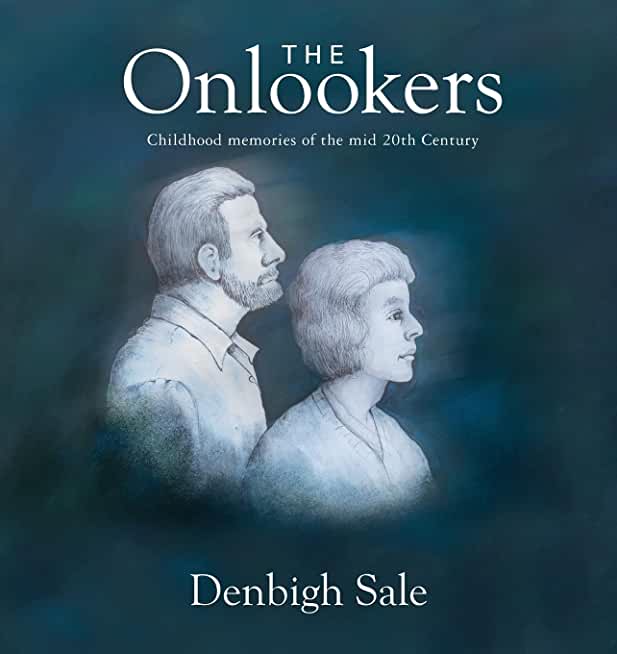
Huber, Mike
product information
description
r everyone in your classroom community
For early childhood educators, creating an inclusive early childhood environment is more than adapting interactions and the learning environment to help specific children. Every person views the world based on their needs, culture, and life experience, and identifying our personal culture can empower us to find ways to work with the needs and culture of the children we care for, instead of using strategies to help children adapt to the classroom culture. Replace binary thinking (typical vs. atypical, acceptable vs. challenging, the norm vs. the other) with constellation thinking, considering each person based on their own unique combination of strengths.
Inclusion Includes Us seeks to replace barriers between early childhood educators and their students with an understanding that every person in the classroom has a unique combination of needs, strengths, and preferences. This book will help early childhood educators reflect on how they view themselves and others in terms of both culture and abilities, offering concrete ideas for connecting with children of all cultures and abilities and creating a sense of belonging for everyone.
For early childhood educators, creating an inclusive early childhood environment is more than adapting interactions and the learning environment to help specific children. Every person views the world based on their needs, culture, and life experience, and identifying our personal culture can empower us to find ways to work with the needs and culture of the children we care for, instead of using strategies to help children adapt to the classroom culture. Replace binary thinking (typical vs. atypical, acceptable vs. challenging, the norm vs. the other) with constellation thinking, considering each person based on their own unique combination of strengths.
Inclusion Includes Us seeks to replace barriers between early childhood educators and their students with an understanding that every person in the classroom has a unique combination of needs, strengths, and preferences. This book will help early childhood educators reflect on how they view themselves and others in terms of both culture and abilities, offering concrete ideas for connecting with children of all cultures and abilities and creating a sense of belonging for everyone.
member goods
No member items were found under this heading.
notems store

Dinosaur Activity Book for Kids: ...
by Preschool Learning Activity Designer
Paperback /Paperback$5.24
Return Policy
All sales are final
Shipping
No special shipping considerations available.
Shipping fees determined at checkout.






